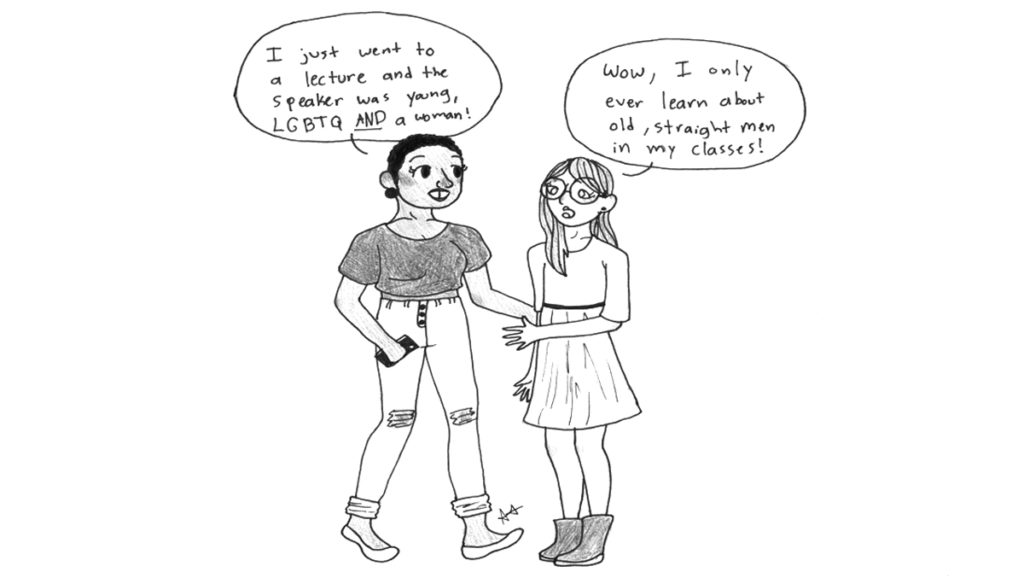Starting Jan. 30, Cornell University and Ithaca College will host the Ithaca Sounding festival, which is a four-day event featuring opportunities to celebrate, explore and question traditions of concert music, all while featuring Ithaca-based musicians.
One of the musicians involved in the festival is Sarah Hennies, who is a transgender woman, whose composition work explores gender identity. Her work specifically focuses on exploring gender-nonconforming, queer and transgender identities, which are topics that are underrepresented in the world of composition.
Events like Ithaca Sounding provide students the opportunities to learn and expand their understanding of different identities. It also allows students to interact with speakers and guests whose identities are not represented every day in the classroom. The Ithaca College School of Music provides an excellent education in classical music. Unfortunately, history mostly revolves around men, and the great composers, writers and musicians who are remembered are typically male. Diverse speakers fill gaps in the curriculum and allow students to see how much industries have changed.
In highlighting a more diverse lineup of speakers, performers and musicians, the festival is doing a great job of providing something the college often struggles to show in the classroom — voices that come from different backgrounds and have overcome adversity in their fields.
This is not the first department at the college to develop a festival-style activity like Ithaca Sounding. The English and Writing departments have organized a festival called the New Voices Literary Festival since 2013. Every spring, a group of authors who come from varying backgrounds and write within different genres are invited to the college. In addition to the literary activities, every festival also includes a musical performance based on one of the texts of the visiting authors, as well as a staged reading of a play written by the visiting playwright.
The festival is not only a way for students to be able to work with up-and-coming authors, something they may hope to be one day, but it is a way for learning to take form in more diverse and interdisciplinary manners.
Students are no longer simply sitting through lectures and taking tests. They are able to be leaders, artists and organizers of festivals that speak to their passions and identities. In providing additional opportunities for learning and growth, whether it be in academia or in a professional setting, colleges like Cornell University and Ithaca College are taking the first steps toward formulating educational models that are more inclusive, more curious and, quite frankly, more entertaining for all.














